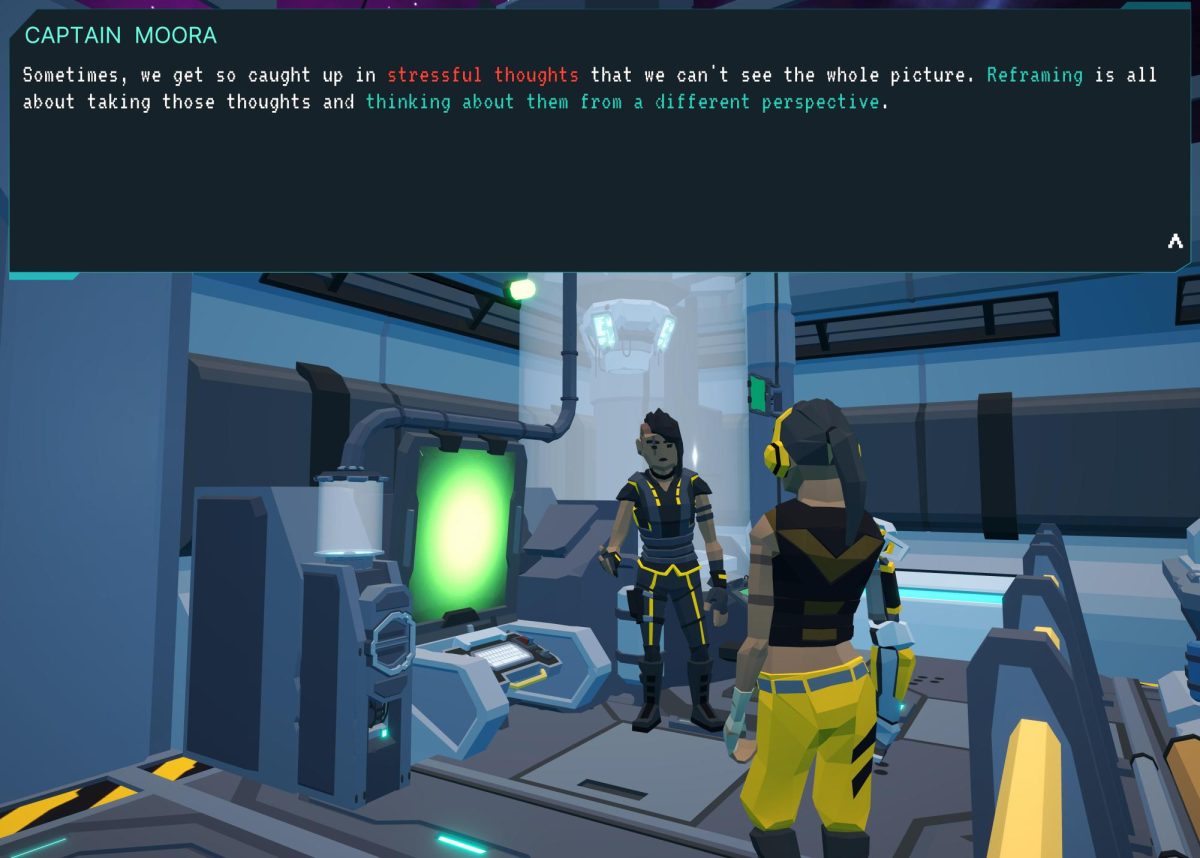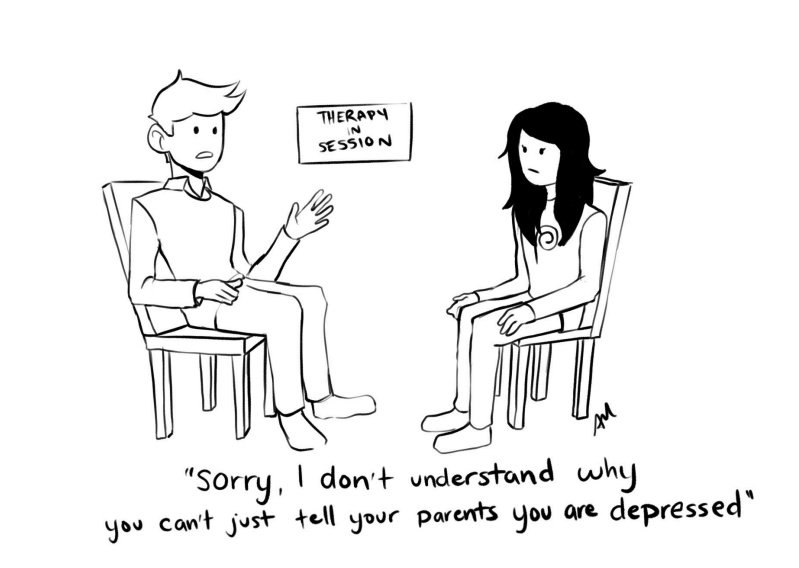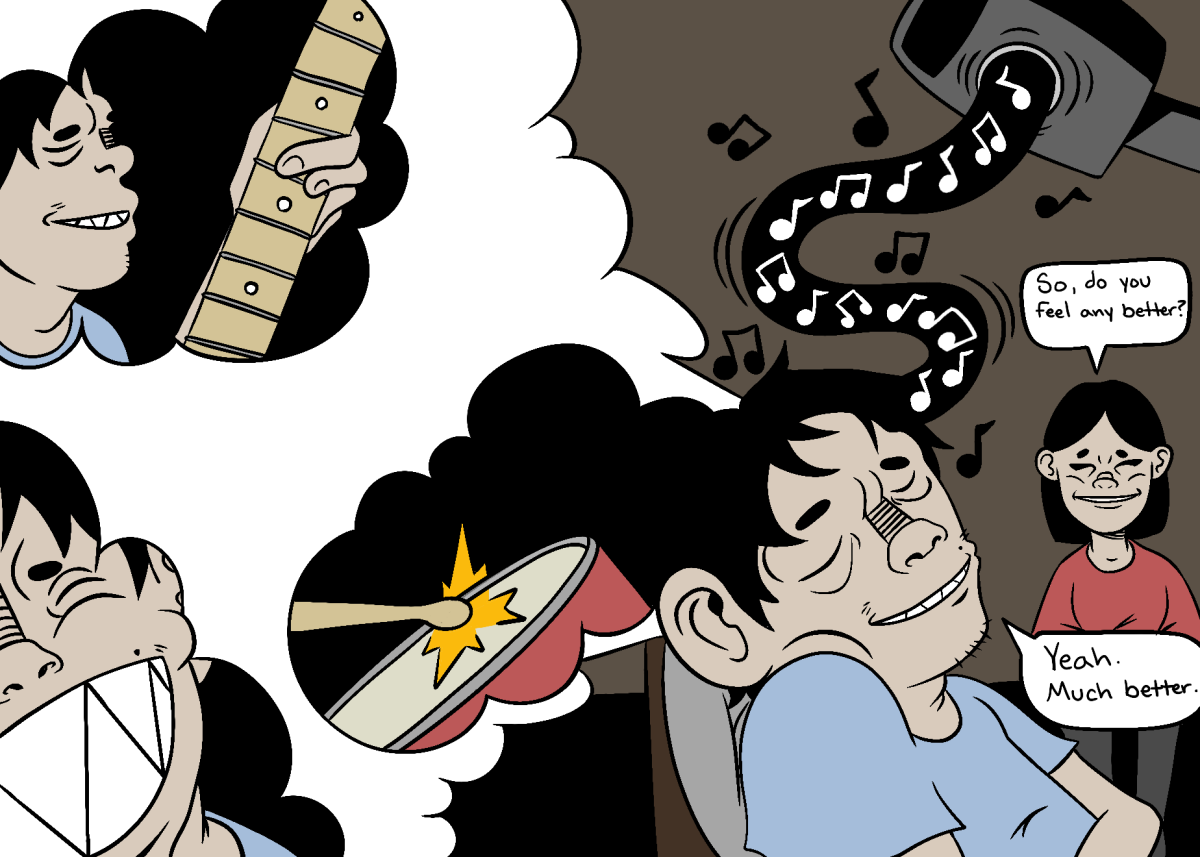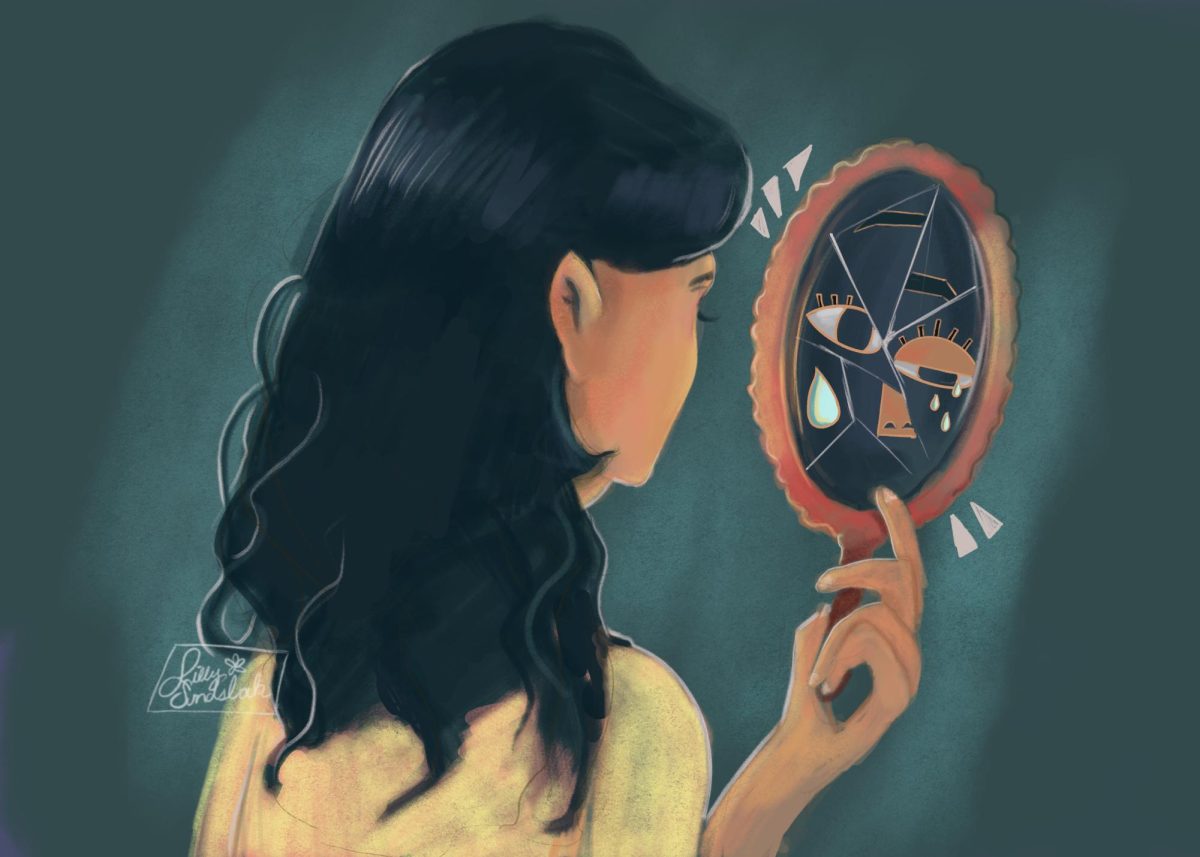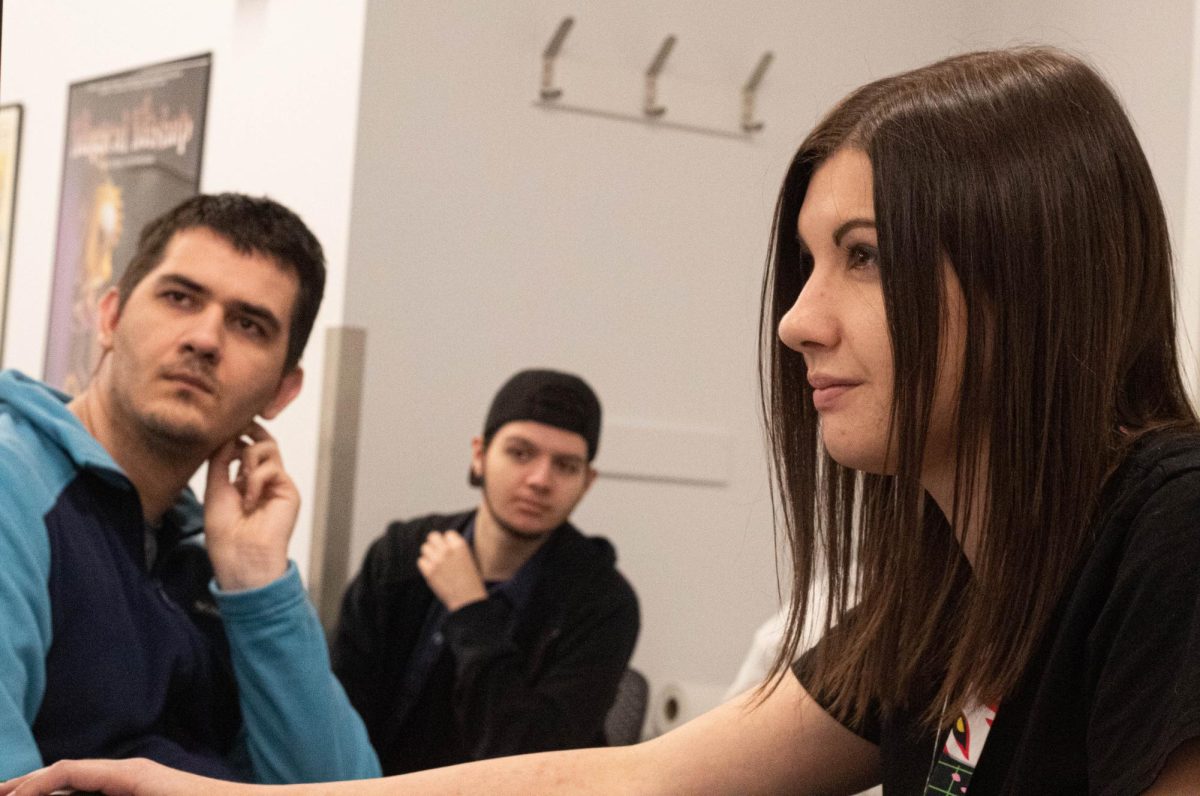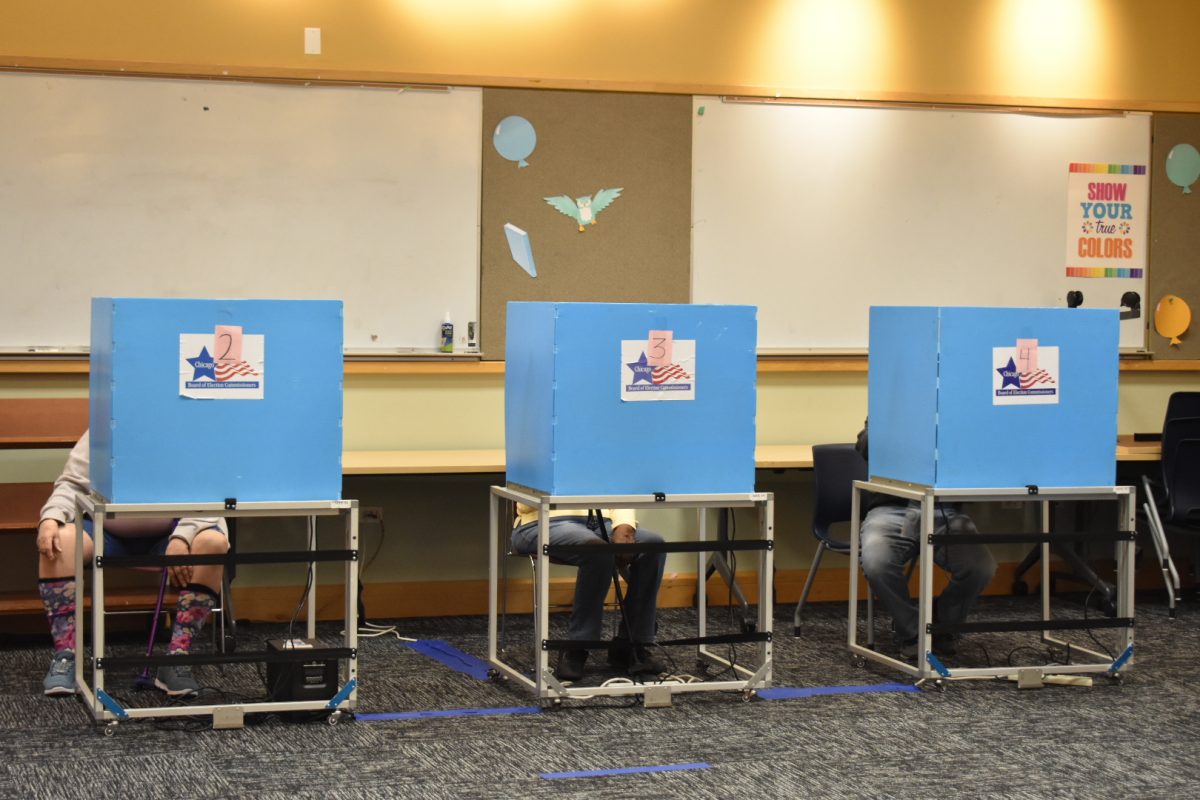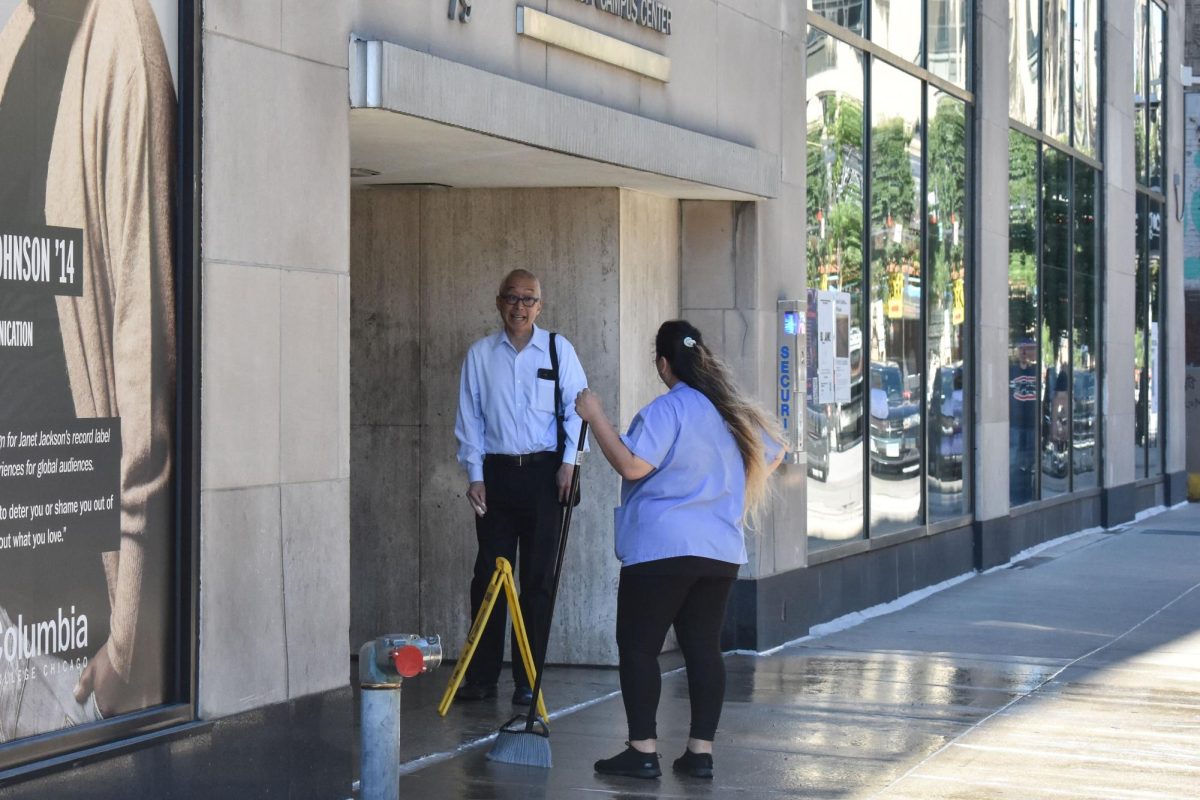MENTAL HEALTH ISSUE
In the video game “Brain Agents,” the player is a crew member on a starship in outer space. The goal is to rescue your crewmates, and the only way to do that is with cognitive reframing. The player must say things like “I can find a way forward.” At the end of every level, the game prompts you to do a breathing exercise.
David Antognoli, an assistant professor in the Interactive Arts and Media Department, partnered with nonprofit Stryv 365 to create “Brain Agents” to teach different techniques to manage trauma, resilience and emotional learning while also being entertaining.
The nonprofit’s mission “is about instilling youth with trauma resilience and creating trauma-informed after-school programs and youth initiatives,” Antognoli said.
This game is currently being playtested in Milwaukee Public Schools. Stryv 365 is conducting a study to test the game’s effectiveness with adolescents through teenagers.
The big picture:
Stryv 365 wanted to take its curriculum to a digital platform during the COVID-19 pandemic. Antognoli made a connection with them and both parties had the idea to make a game.
In 2023, the Power of Play report, a survey by the Entertainment Software Association, surveyed 13,000 players across 12 countries. The survey found that a substantial number of players saw video games as helpful with navigating personal challenges and relieving stress.
With 212.6 million video game players in the U.S., the potential to use games to address mental health challenges is significant.
What they did:
Antognoli and a team of developers worked with various mental health professionals on how exactly to accomplish the objective of the game.
“One of our subject matter experts is a child therapist, so she tells us what they do during sessions,” Antognoli said. “There’s a breathing exercise they do called ‘Breathing Shapes,’ where they trace these shapes and when you trace one side, you breathe in and then the next side, you hold your breath and then the next side you exhale. And so we literally put that in the game at the end of every level.”
Working with mental health professionals on a game that focuses on mental health themes is becoming increasingly more popular.
A popular Ninja Theory developed game, “Hellblade: Senua’s Sacrifice,” portrayed the main character struggling with psychosis and perceiving voices whispering to her and suffering from vivid hallucinations.
To help with the portrayal of psychosis, multiple mental health consultants were brought on. The goal was to portray psychosis but to do so in a way that walks the line of serious mental health issues and fun gameplay.
By the numbers:
Power of Play found that 71% of video games serve as a stress reliever, 61% say games help relieve anxiety and 58% help people feel less isolated or lonely.
Antognoli said that video games helped him as well, while he dealt with recovery from a surgery. “When you’re pretty immobilized and you can’t do the things you’re used to doing, that can take a psychological toll on you,” Antognoli said. “I think being able to still socialize with people through video games and have some sort of outlet is really helpful for me.”
The connection between the violence in gaming and violence in real-life has been a point of debate since the inception of games like “Call of Duty” and “Grand Theft Auto.” There have been calls to stop the “glorification” of violence in video games, one of them being from former President Donald Trump in 2019. However, recent studies show that gaming also has a positive impact on players as a whole.
A study from Oxford University in 2022 found there is no relationship between aggressive behavior in teenagers and the amount of time spent playing violent video games. In fact, the Power of Play report shows that 63% of global players feel that playing video games helps them feel happier and 64% provides them with a healthy outlet for everyday challenges.
That doesn’t mean gaming culture is always healthy as Columbia alum Narcissa Wright learned.
Although a film and not a video game, Jane Wagner’s “Break the Game” documentary tells the story of Wright, best known for breaking the world record for speedrunning “The Legend of Zelda: Ocarina of Time” in 2014. Speedrunning, the practice of using glitches in a game to bypass huge segment sections and play through the entire game as quickly as possible, has a huge online fan base and viewership on Twitch, a popular live-streaming platform.
The film follows Wright as she attempts to set a new world record in “The Legend of Zelda: Breath of the Wild,” after losing her massive fan base when she came out as a trans woman in 2015.
“Despite knowing that Narcissa was facing intense online harassment, Twitch never reached out to her or offered her support,” Wagner told the Chronicle.
Wagner brought on a mental health supervisor to help Wright process the experience of watching cuts of the film, which Wagner is screening at 6 p.m. on May 8 in the 33 E. Ida B. Wells building.
“When I started ‘Break the Game,’ I did not realize I was making a movie with mental health elements,” Wagner said. “It wasn’t until the events in the film started to unfold that I realized that issues like anxiety, depression, and isolation were part of the story. While the landscape has improved somewhat since I started making the film back in 2017, there’s still a long way to go when it comes to supporting the unique mental health needs of gamers and those who spend a lot of time online.”
Between the lines:
The first International Gaming Summit on Mental Health was held in Toronto in 2019 and continues on to the present. This Summit is where various game developers and mental health researchers gather to talk about video games mental health impact. It involves panels and roundtables for people to exchange ideas for making mental health based games and supporting game developers.
Paul Fletcher, leading clinical consultant for “Hellblade: Senua’s Sacrifice,” was a keynote speaker at the first summit in 2019.
“The core principles that emerged were accuracy was striven for but was not an attempt to be everything to all people to generalize across all mental illnesses. This was about one person’s story,” Fletcher said. “For me one thing that was really key was that Senua had to be a person, it wasn’t just a two-dimensional shell of mental illness.”
Fletcher also said that Senua, the main character in the game, was the heroine, which was different than the usual portrayal of people with mental illness in forms of media, “She’s a hero, I think that’s really important. It’s so often the case that people with mental illness are portrayed as victims, she wasn’t that.”
Columbia’s student-led mental health game in development called “The Other Side” was senior game design major Joshua Chaffeé’s idea to describe the battle some people have with their emotions.
Another game, “Celeste,” which Chaffeé said inspired his game, deals with depression and anxiety. A shadow version of the main character is the game’s main villain and follows the main character as she climbs this mountain and ultimately overcomes her mental health pain.
What students are saying:
Lytle Landers, a first-year acting major, said playing video games do help her mental health but can sometimes be distracting.
“It depends on the day, on whether I am doing it to relax or or to get away from something,” Landers said. “As long as you are [playing] mindfully and knowing your reasoning, and knowing that it is for mindfulness or relaxation, rather than escapism.”
Marina “Moth” Bradley, a first-year social media and strategy major, said video games have had a positive influence on their life.
“I really like having an alternate reality, escapism, type game to do when I am stressed out about actual stuff,” Bradley said. “Especially with finals right now, it’s nice.”
Bradley said they play more “calming” games like Animal Crossing. However, Bradley said they can see how video games could have a negative impact on mental health, especially when it comes to more violent games.
Zac Klepser, a sophomore film and television major, said video games haven’t had a big impact on his mental health, but said he has used gaming to help with hard times in the past.
Klepser said playing video games gave him an outlet to “have fun and laugh again” while going through challenging times.
Copy edited by Jordilin Ruiz
This story has been corrected.


